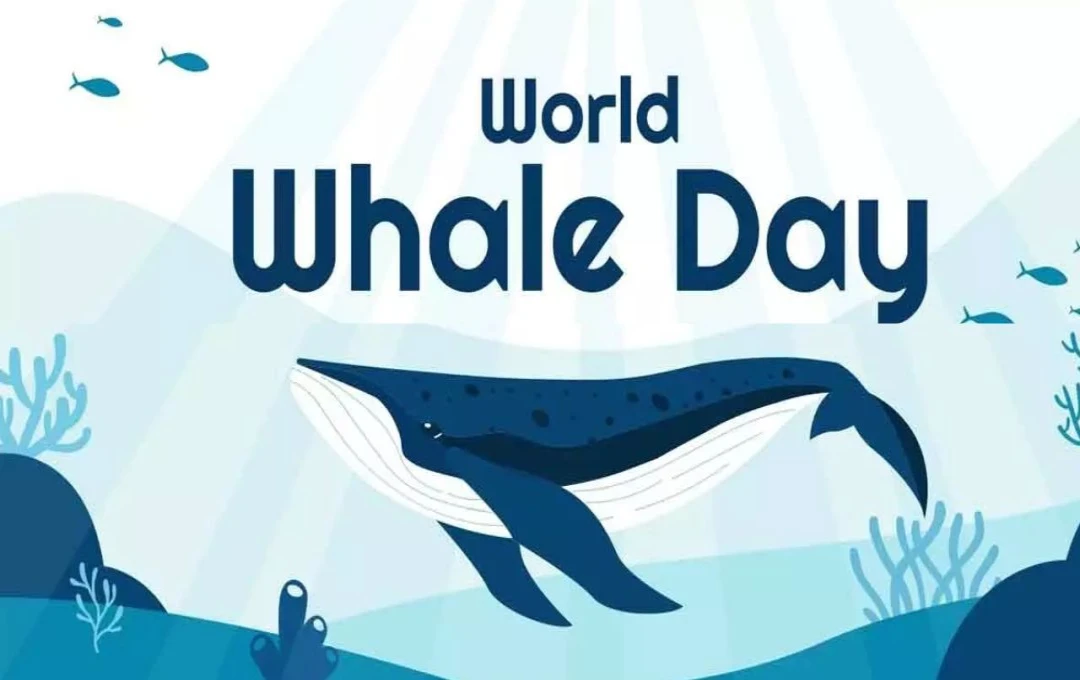World Whale Day is observed globally on the third Sunday of February. This day highlights the importance of whales and the urgent need for their conservation. Whales are among the ocean's largest and most magnificent creatures, playing a vital role in the natural ecosystem. On this day, people raise awareness about whale conservation to protect these animals for future generations.
Given the declining whale populations and the threats to their existence, this day inspires us to take action towards their protection. The day also aims to address the challenges in caring for and conserving whales and other marine life, encouraging further efforts to ensure whale populations remain safe and protected worldwide.
History of World Whale Day
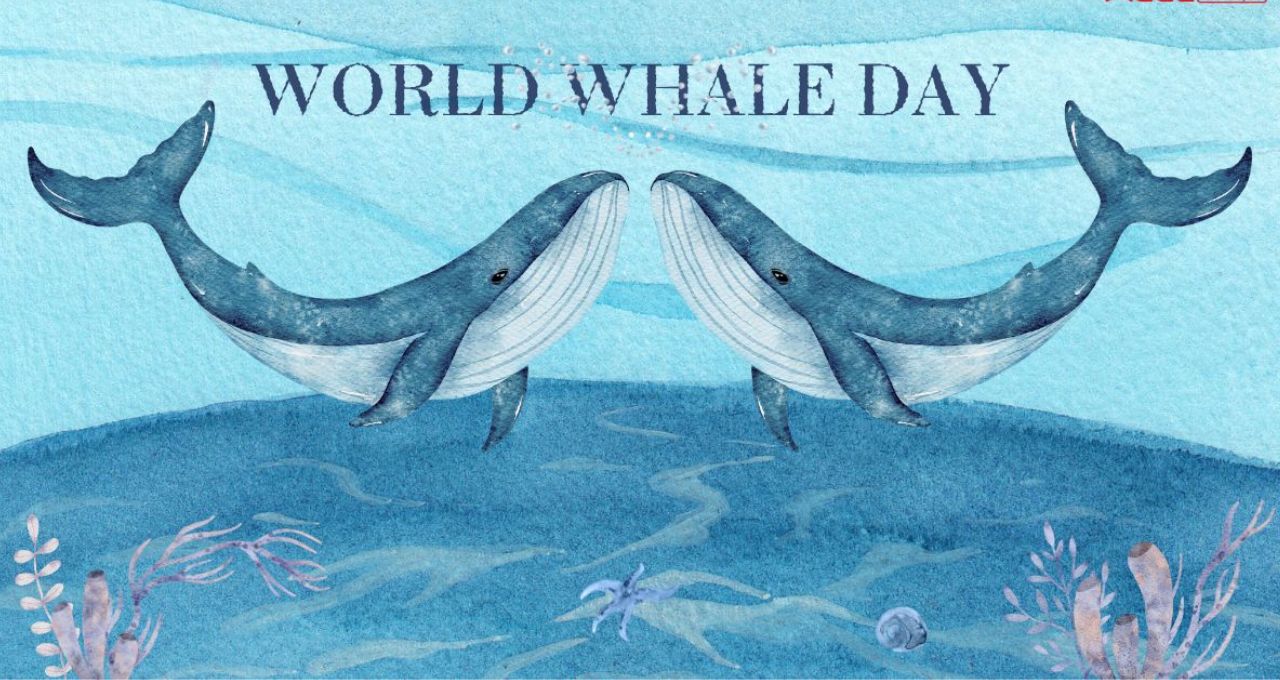
World Whale Day originated in 1980 on the island of Maui, Hawaii, as a celebration honoring the humpback whale. The arrival of humpback whales off the Hawaiian coast was a significant event, as these whales are considered one of the ocean's largest and most wondrous creatures, consistently seen near the Hawaiian shoreline. Large crowds gathered to witness this captivating spectacle.
Inspired by this experience, the Pacific Whale Foundation initiated "Whale Day" to honor the humpback whale. This day serves as an opportunity to raise awareness among the public about the importance of whale species. The Pacific Whale Foundation organizes special parades and floats featuring children and adults dressed as whales.
Furthermore, several prominent figures participate in the event, inspiring people to take positive steps towards whale conservation. The central message of this day is to emphasize the need to protect whales and conserve their species.
Importance of World Whale Day
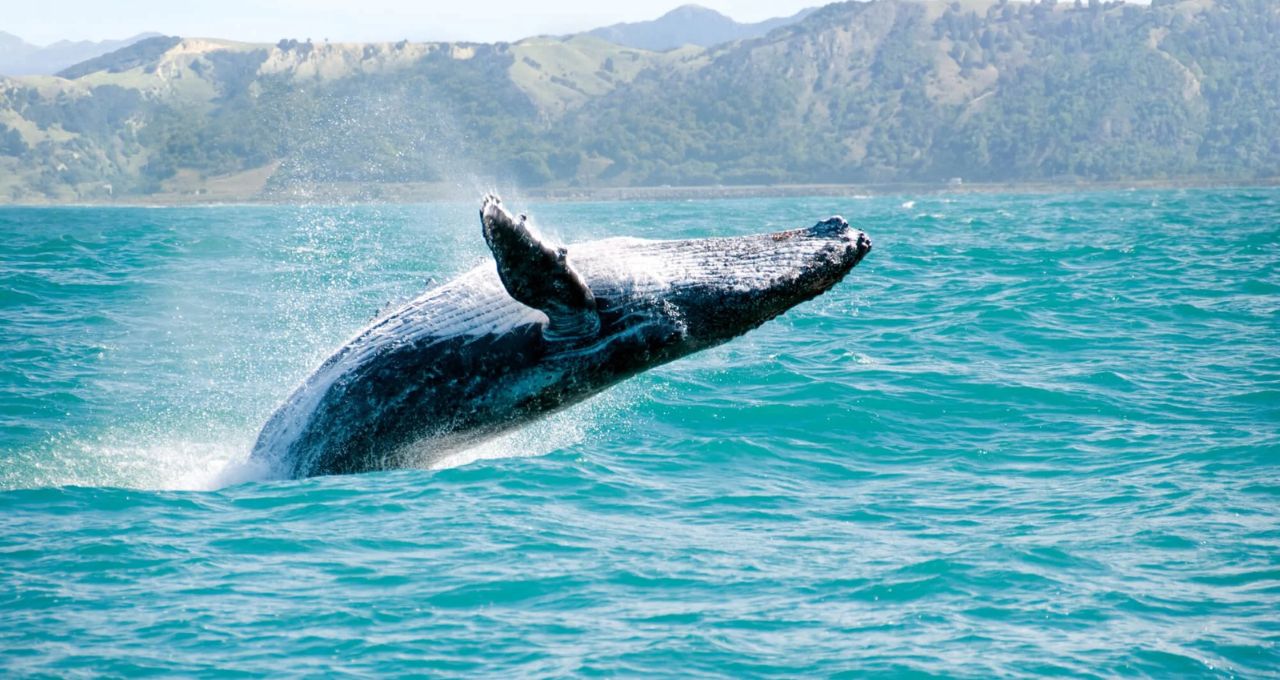
World Whale Day holds immense significance as a crucial opportunity to raise awareness about the protection and conservation of marine life, particularly large and vital creatures like whales. The day aims to educate about whale species, explain their ecological importance, and inspire action to safeguard their existence from threats.
* Whales' Role and the Ecosystem: Whales are a critical component of the ocean's ecosystem. They occupy the highest level in the marine food chain, and their existence is essential for the survival of other marine creatures. The nutrients released by whales into the ocean (serving as a food source for smaller marine organisms) help maintain marine biodiversity.
* Whale Conservation: Whaling, which began in the 17th century, drastically reduced whale populations. Although an international ban on whaling was implemented in 1986, many whale species still face danger. World Whale Day reminds us of the collective need to actively work towards the protection and conservation of these creatures.
* Raising Awareness: This day is crucial for raising awareness about the impact of ocean pollution, climate change, and other threats on whales and other marine life. It aims to inspire people to reduce ocean pollution, decrease plastic use, and take steps towards ocean cleanup.
* Need for Collective Efforts: World Whale Day emphasizes that whale conservation is a global endeavor requiring the cooperation of all nations, organizations, and individuals. This day reminds us that the well-being of other Earth's creatures is also vital to our own.
Whales: The Ocean's Largest Creatures
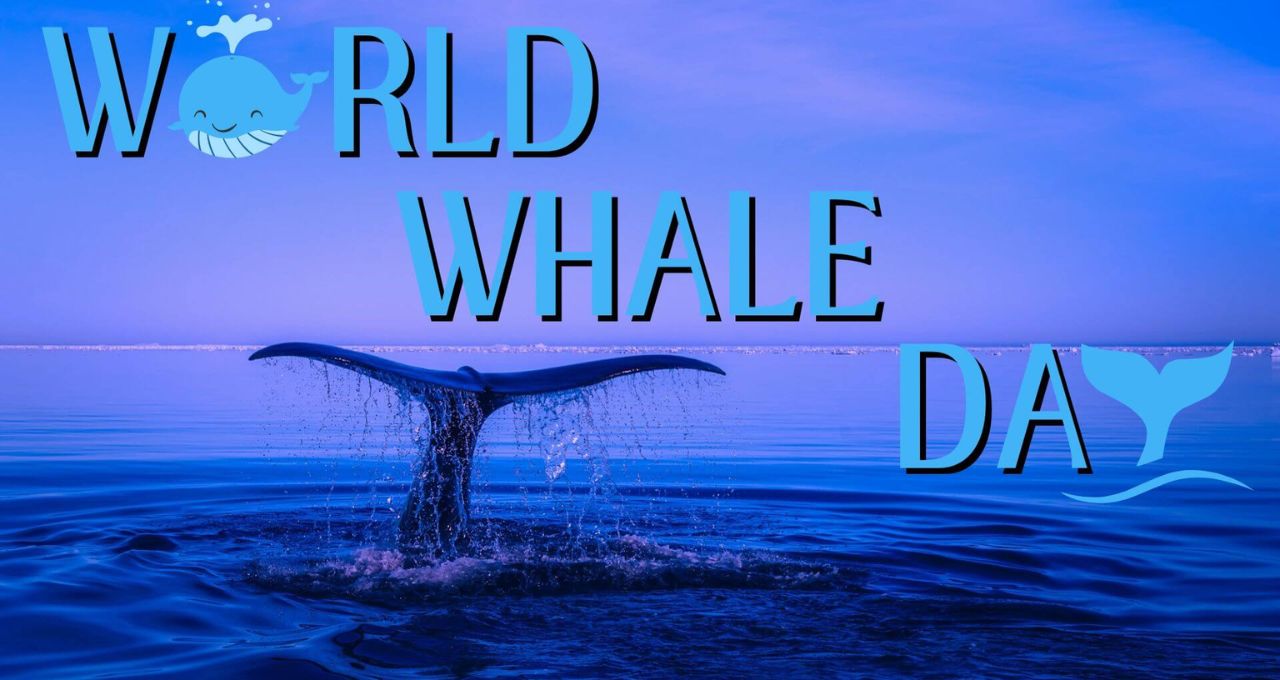
The whale is a magnificent marine mammal, often referred to as the ocean's largest creature. This animal is renowned for its immense size, comparable to elephants and dinosaurs. Whales can reach lengths of up to 30 meters and weigh up to 180 tons. A blowhole on the top of their head allows them to breathe while submerged.
Whales are believed to have existed for approximately 50 million years, inhabiting the deepest parts of the ocean. However, they began facing threats when multinational companies started whaling in the 17th century. This hunting, aimed at obtaining whale oil and other products, endangered whale species.
Subsequently, in 1986, the International Whaling Commission (IWC) imposed a complete ban on whaling to ensure the survival of these magnificent creatures and protect their species. Today, whale conservation has become a global campaign, with various organizations and countries actively working towards their protection.
How to Celebrate World Whale Day
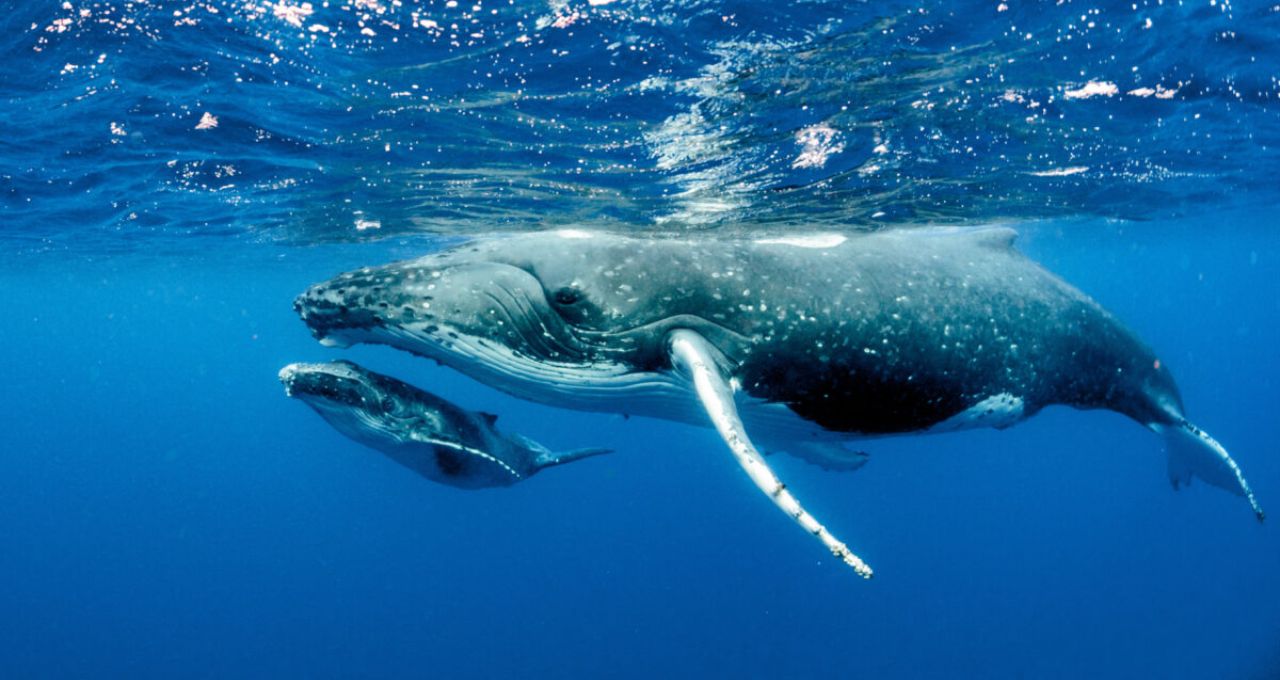
Celebrating World Whale Day isn't limited to Hawaii; you can understand its importance and purpose wherever you are in the world. Here are some ways you can observe this day:
* Raise Awareness: Launch awareness campaigns about whale conservation. Share vital information about whales on social media, educating people about whale species and the threats they face.
* Highlight the Impacts of Pollution: Educate people about the detrimental effects of ocean pollution on whales and other marine life. Share information on plastic pollution, oil spills, and other hazards.
* Discuss the Importance of Whales: Marine creatures like whales play a crucial role in our environment and Earth's ecosystem. Explain why they should be protected and how they contribute to ocean life.
* Contribute to Conservation Efforts: Support organizations working towards whale conservation. Donate, volunteer, or participate in their efforts in other ways.
* Organize Beach Cleanups: Conduct beach cleanups to reduce pollution and create a safer environment for marine life.
